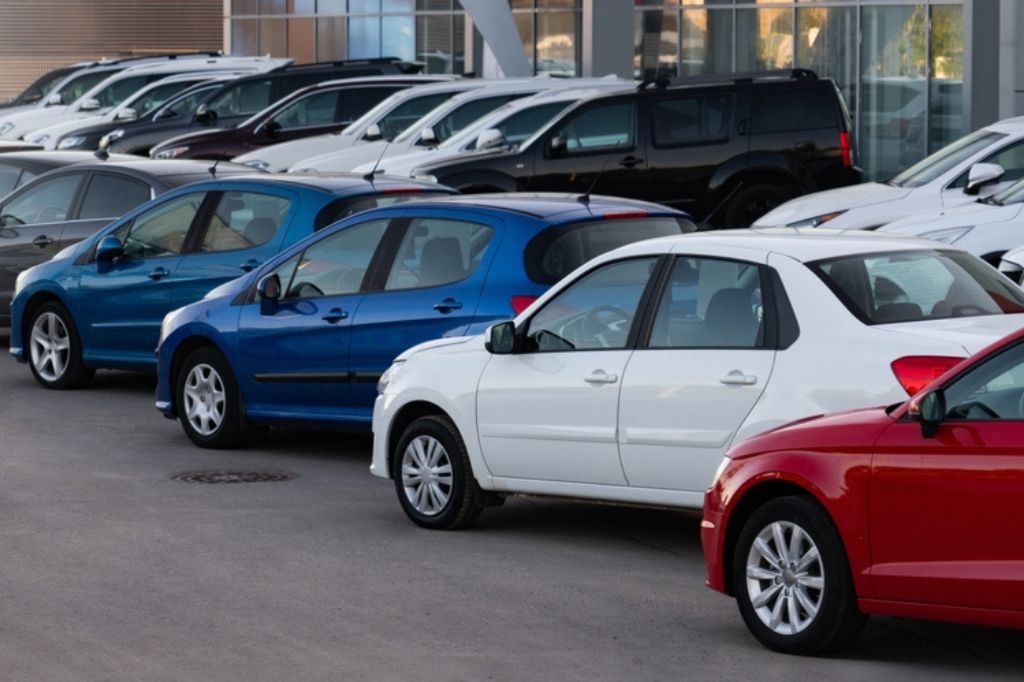
In the aftermath of Covid-19, the landscape of the UK car market experienced some significant shifts. It created a period of real uncertainty that fundamentally altered consumer behaviour and market dynamics in a way that hardly anyone could have predicted.
As the pandemic recedes further into memory, people across the automotive industry are starting to wonder about the chances of the UK car market returning to pre-Covid levels.
We’re pleased to say that experts and professionals within the sector are cautiously optimistic. With a reduction in used car prices and a rise in demand for new cars, the automotive world is on a course of solid growth.
Towards the end of 2023, the UK saw a 9.5% increase in the number of new cars registered to buyers. In terms of raw numbers, this amounts to around 150,000 vehicles. This strong trend continued into the new year, with March 2024 representing the 20th consecutive month of growth in the new car market.
Throughout Q4 of 2023, production for home markets grew by almost 24%, while overseas production rose by over 33.4%, as reported by the Society of Motor Manufacturers and Traders (SMMT). Overall, this represented the best production performance since 2019, before the onset of Covid-19.
When surveyed by the BVRLA, experts expect this growth to continue. 43% of respondents predicted new car supply to return to a consistent and stable pre-Covid level by the end of 2024. This means that the chances of the UK’s new car market returning to pre-Covid levels remain high.

Throughout 2023, there was also a significant surge in the numbers of battery electric (BEV), plug-in-hybrid (PHEV) and hybrid (HEV) vehicles made. According to the SMMT, UK factories produced over 287,000 of these models, with a peak in October 2023 of 40% of all newly manufactured cars being some form of EV.
This is excellent timing, as a recent report from the International Energy Agency (IEA) found that global electric car sales are expected to remain robust for 2024. The prediction is that EV sales will reach around 17 million by the end of December compared with just 2.1 million sales in 2019, the final pre-Covid year. This shows that not only will the UK return to pre-Covid electric car market sales, but it is likely to exceed them massively.
If you’re looking to buy or lease a used car, then it’s good news. Previously, we’ve discussed the 2023 used car surge, and this abundance of supply shows little sign of slowing. Over the last six months, we’ve seen used car values fall noticeably after a record high during the Covid years. Since 2023, retail used vehicle values have fallen by 5.6% to an average of £17,064.
Despite this, consumer demand on AutoTrader, the UK’s largest used car marketplace, remains robust. They reported a steady increase in demand throughout Q4 of 2023 – something that was carried forward into 2024.
So, if you’re wondering whether the UK used car market will return to pre-Covid levels, the answer looks like yes. According to Car Dealer Magazine, 2024 could be the strongest since the pandemic.
Reports show that fleets are at the heart of the surge in demand for new cars. In March 2024, of the 317,000 new cars registered overall, fleets and business registrations accounted for around 189,000 of them. Conversely, registrations by private buyers fell by 7.7%. Reportedly, this was due to an economic backdrop of low growth, shaky consumer confidence, and high-interest rates.

At SG Fleet, we understand that the capital required to purchase a new or used car can be a significant obstacle for many. With our Novalease solution, you can make use of our corporate buying power, as well as manufacturer discounts, to access any car on the UK market.
With flexibility, choice, convenience, and cost savings, you can choose to pay either via salary sacrifice through your employer or by direct debit.
If you want to find out more about Novalease, call us on 0344 854 5161 or get in touch with us online.
- Volvo’s Last Diesel Car Enters Production as Car Manufacturers Embrace Net Zero
- The Need for AI Skills in the Automotive Sector
- The Spring Budget: What Can We Expect for Fuel and EV Prices?